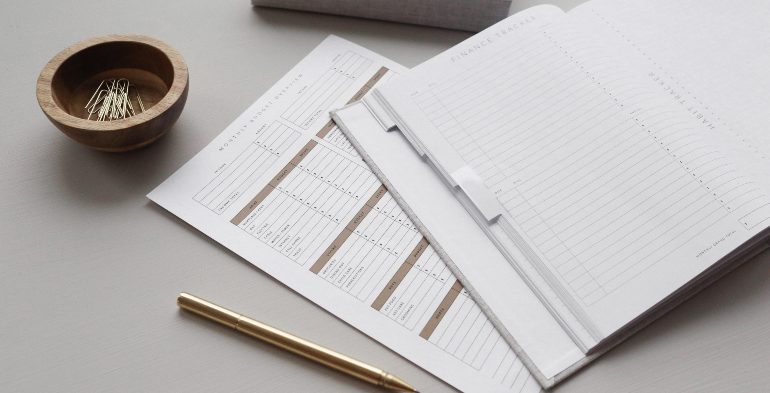A Guide to Managing a Reduced Household Budget
Community
2
min read
03 Apr 2020

While worrying about the health and well-being of you and your loved ones during the COVID-19 pandemic – other concerns, like loss of income and financial strain, weigh on many also.
While the government have announced supports for those who find themselves unemployed, the adjustment to irregular, reduced income will be a struggle for many. It may feel like you have a lack of control over your finances. But a crucial exercise is creating a budget to oversee and control your income and expenditure.
Below, we've outlined the steps involved in creating 'zero-based' buget - a budget which where the outgoings match the incomings - and it is extremely useful when dealing with reduced income and/or employment lay-off.
1. Map out your monthly spend
A good place to start is your bank account statements over the last six months. Map out your expenditure and be honest with yourself where your money has gone. This is an important step. If you need to take a payment break from any of your bills, your financial service provider will ask for your history first. Start by looking at your bank statements – it will give you a good picture of all the areas where you are spending money.
Map this in an excel spreadsheet, and divide it into easy to follow categories, like those listed below.
2. Calculate your shortfall
Including your income will then allow you to see how much of a deficit or shortfall you might have.
Including savings into your budget sheet will reveal how long they will last should you need to use them to bridge the shortfall – if you have €1,500 and outgoings of €1,800, you know then that you have to figure out where to pull back on the €300 per month.
3. Separate essential and non-essential spending
Separating your needs and wants will allow you to focus your mind on the money you really need to spend.  Essentials may include, food, utility bills, transport, mortgage repayments/rent and insurance. Non essentials include hobbies, putting money away as savings, buying new clothes and even buying lunches out of your home. With most of the island of Ireland in quarantine, some of these non-essentials are already written off.
Essentials may include, food, utility bills, transport, mortgage repayments/rent and insurance. Non essentials include hobbies, putting money away as savings, buying new clothes and even buying lunches out of your home. With most of the island of Ireland in quarantine, some of these non-essentials are already written off.
If you find cutting back on non-essentials doesn’t allow you enough financial comfort, try cutting back on your essential items. Although listed as essential, during this pandemic, special allowances have been put in place throughout the financial sector. Credit unions, for example, operate on a case by case basis. They work with their members to ensure any financial decisions are made in line with the member’s financial ability. It is important to tackle any financial pressure head on. Leaving them on the long finger will only result in a harsher outcome.
4. See what bills or payments you can delay
If your deficit is bigger than you anticipated, and reducing costs on luxury items isn’t cutting the mustard, the next step is to see who you can contact to postpone certain payments or bills. If you have a loan with a financial provider like the credit union, make sure you visit them to explain your situation – they will be willing to talk to you and try to help. The same goes to other bills like rent and utilities – most companies should have a compassionate attitude during a time like this.
Even if you are not currently affected by a loss of job or income, it is important to have a plan in place in the event your circumstances change quickly. Budgeting and managing your money is a task many find taxing, but in the current climate, it can give you the relief you need and lift some weight off your shoulders.
Credit unions are always on hand for their members. Giving your credit union a call can be the breath of fresh air you need in these testing times. You can find the contact details of your local credit union by visiting our credit union locator.